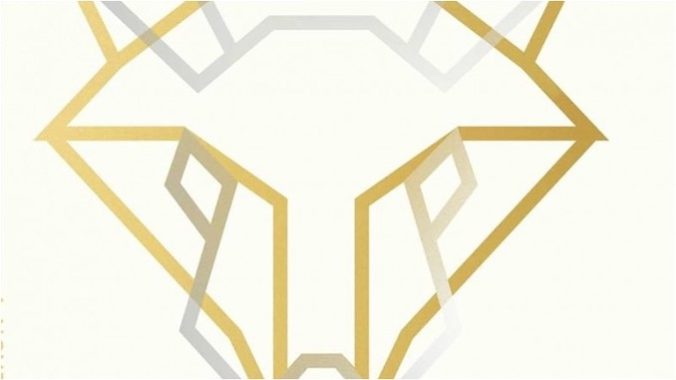Naomi Alderman Weaves a Strangely Hopeful Dystopian Tale In The Future

No matter her subject matter, Naomi Alderman’s stories always seem to arrive right on time. Her award-winning novel, The Power, was first published in early 2016, just before the United States would see a woman run for president, the inaugural Women’s March, the rise of the #MeToo movement, and the premiere of Hulu’s The Handmaid’s Tale, all events that would force the country to confront its ideas of gender, misogyny, and power. (Not to mention give women everywhere a new language in which to express their rage.) Now, in 2023, her latest novel, The Future arrives, and it’s almost as uncomfortably prescient as its predecessor.
In it, Big Tech controls almost every aspect of our lives. The mega-rich are busy building cushy private bunkers on remote islands in order to protect themselves from the ecological disasters they’ve helped unleash. Oppressed people are continually exploited, algorithms know what we’re thinking before we do, and social media is specifically designed to appeal to the worst instincts in each of us, to encourage that which makes us want to embrace violence rather than peace. Sounds a little too familiar, maybe, doesn’t it? (That description should make you nervous, by the way—-it’s supposed to.)
-

-

-

-

-

-

-

-

-

-

-

-

-

-

-

-

-

-

-

-

-

-

-

-

-

-

-

-

-

-

-

-

-

-

-

-

-

-

-

-








































